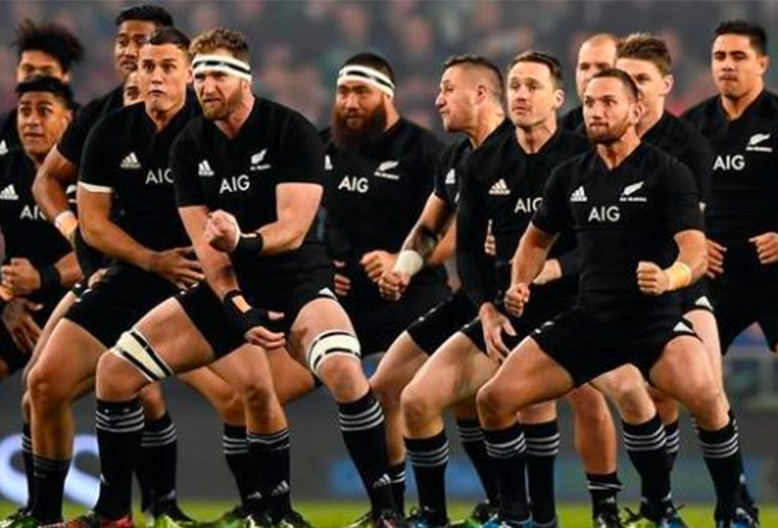Our solutions cover the entire employee lifecycle from selection through to development, focusing on individuals, teams and organisational solutions.
What can a rugby team teach us about humility?

*This post was authored by Hogan’s Michael Tapia, Dena Rhodes, and Ryne Sherman.
The New Zealand All Blacks is one of the most successful sports organizations of all time. For over a century they dominated the world stage as a premier member of the international rugby union, competing with such foes as the South Africa Springboks and Australia Wallabies. In 2015, the All Blacks became the repeat champions of the quadrennial Rugby World Cup (2011 and 2015). Even more astonishing, the success of New Zealand Rugby persists across squads. New Zealand’s women’s (Black Ferns) and men’s (All Blacks) Rugby Sevens teams both won the 2018 Rugby Sevens World Cup held in San Francisco.
The achievements of the All Blacks have yielded global recognition and a collection of media projects exploring the methods behind their success. This includes the documentary All or Nothing and James Kerr’s book, Legacy. Kerr spent time with the team and learned about their unique culture, which he believed was essential to their dominance. According to Kerr, the key to this team’s culture is dedication to character, and “character begins with Humility.”
As the reigning world champions, the team members continuously show humility by asking themselves, “How can we do this better?” The team recognizes they must steadily evolve – a necessity to combat their opponents’ own improvements. Coaches, leaders, and players facilitate a positive learning environment in which “not knowing all the answers” is a strength, helping the team to adapt and grow.
According to James Kerr, humility is “a vital part of a well-adjusted character.” At Hogan, we know personality plays a critical role in the success and failure of organizations. For over 30 years, we’ve been describing the strengths, weaknesses, and values of effective leaders and employees. We also stay committed to using data and scientific progress to improve our assessments. In 2018, our research team created an assessment designed to predict leader Humility, which is currently in production and expected to launch in 2019. This new measure relates to greater in-role job performance (r = .35), organizational citizenship behaviors (r = .23), job satisfaction (r = .18), and engagement (r = .15), and is associated with fewer counterproductive work behaviors (r = -.29), and turnover intentions (r = -.20).
Kerr recalled one instance of superb leadership in the All Blacks locker room after a match: After a team debrief, the players left the room and the captains stayed back to clean up – they stayed to “sweep the sheds.” Humble leaders stay grounded, stay productive, and most importantly, gain the respect of their teams. In turn, selecting leaders with humility helps to safeguard future growth, achievements, and organizational success. Humility is a key personality dimension related to greater individual performance and organizational effectiveness, and Hogan is committed to delivering solutions centered around a well-validated Humility measure in the very near future.
